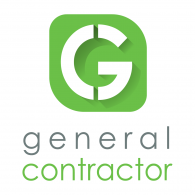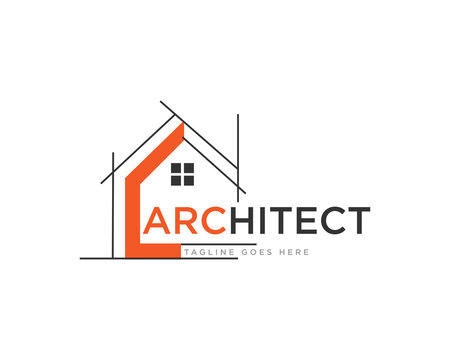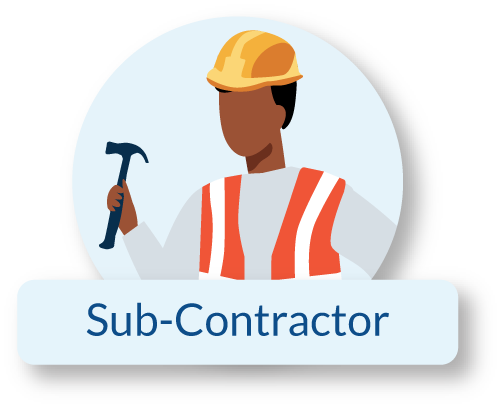ZION ESTIMATING SERVICES INC
Your First Choice For Construction Estimating
ZION Estimating Services Inc. Providing The Best Construction Cost Estimating and Construction Takeoff Services
GET DETAILED ESTIMATE AND SAVE 60% OF YOUR ESTIMATING EXPENSE
Build Your Dream
20+ Years Of Undefeated Success
Zion Estimating is the best place for Quantities takeoff and Cost estimation of the construction projects
50000+
Successfully Project Finished.
20+
Years of experience with proud
40000+
Revenue in 2024 investment
25+
Colleagues
Construction Cost Estimating Services

Residential Construction Projects
We value every customer. If you are a potential home owner or contractor, take advantage of our excellent Residential Estimating service at market competitive rates. Our estimators will do everything for you. Our accurate estimates make it easy to optimize your site’s operations. Just contact us to get started.

Commercial Construction Projects
Busy contractors face countless challenges when managing commercial construction projects. We cannot deal with lax standards at such a critical time. It can be plagued by over-optimism, deadline pressure, inadequate assessment of risks and uncertainties, and inappropriate investments due to busy schedules. Try our construction estimate service so you never miss an offer.

Industrial Construction Projects
Having a service provider who can solve all your project-related issues is bliss. ZION Estimating offers full service industrial estimating solutions for any construction project. We have a team of seasoned estimators who can assist you in winning every bid for your future projects. You can rely on us for industrial, mechanical, or residential estimating services.
Sustainability
Committed To Keep our Client Satisified
Our experts leverage industry-leading tools and techniques to ensure the highest level of accuracy in your project estimates and takeoffs.
We Follow Best Practices
We provide cost estimation and Quantities take off Services for all types of construction, residential and commercial Projects. We are claiming 99 % work accuracy and have a strong emphasis on work to be delivered on time.
- Sustainablility
- Project On Time
- Accuracy and Precision
- Cost Savings
- Customized Solutions
The Best Construction Takeoff Services
Zion Estimating provides best ever Construction Estimate and Takeoffs of residential and commercial projects to its clients.
New York
459 Grand Street, Brooklyn, NY 11211
California
7080 Hollywood Blvd, PH, Los Angeles, CA 90028
Delaware
18585 COASTAL HIGHWAY REHOBOTH BEACH DE 19971
Construction Estimator and Material Takeoffs
We have Expert Team of Certified Estimators, and we are providing quantity takeoffs and cost estimating services. We follow all CSI divisions. Our Estimating Team provide these Services with Accuracy and Precision
The Team
Our Experts

Mike Rich
Lead Estimator

Jenny Smith
Head Estimator

George Doe
Assitant Estimator

Maria Jay
Estimator
Portfolio
Our Latest Works
FIRE STATION BRENTWOOD
New York, NY
TIFFANY VILLAGE
Rhode Island, RI
828 COX Road Moorestown
NJ
1375 BROADWAY
NEW YORK, NY 10018

Learn More From
Frequently Asked Questions
Zion Estimating is an experienced estimating services provider to facilitate its clients with precise takeoffs and building cost estimations. We have specialized in Construction estimating services. Our skilled professionals leave no stone unturned while creating their cost estimation draft. Our estimation will include everything that goes into your project development. Along with building materials takeoff and estimations, our professionals are also experts in providing quantity surveys.
We specialize in Commercial, Residential, and Industrial projects. Along with many other services, we offer our expertise in the following categories:
Commercial Estimating
Residential Estimating
Industrial Estimating
Building Estimating
Freelance Estimating
Blueprint Estimating
Electrical Estimating
Our client’s portfolio is based on Architects, Building Owners, General Contractors, Subcontractors, Developers, Insurance firms, Banks, Lenders, and many more.
We are all aware that collaborating on a building project entails devoting all of your resources and time. We understand your needs and know how hard it is to spare so much time to do all the estimations being a busy contractor. Our accurate services allow you to reclaim your time while receiving accurate construction estimates and takeoffs. With the help of our seasoned professionals, you can come out on top of more bidders and expand your operations.
Trust and Worth
Our Clients








Construction Estimation Services
At Zion Estimating, we provide comprehensive estimating services across all CSI divisions, ensuring precision and efficiency in every project. Whether you’re in residential, commercial, or industrial construction, our expert team has you covered!